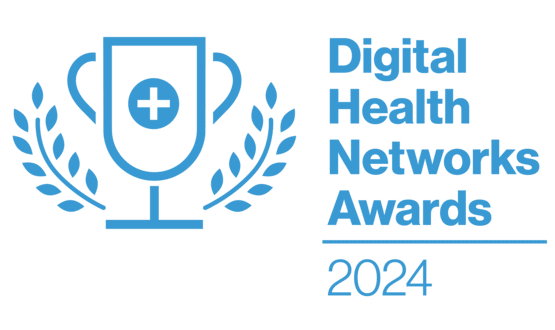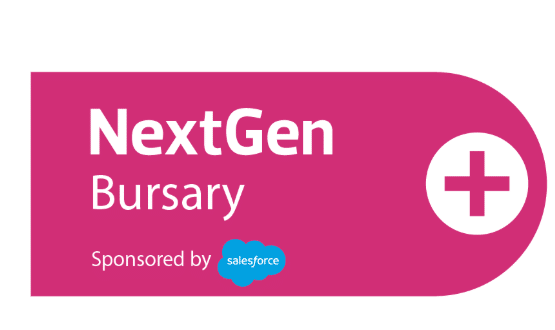Enter the CCG: deals with conflicts of interest
- 15 December 2015

In recent years, the NHS seems to have become almost fixated on conflicts of interest.
Every meeting begins with the same incantation: “Committee members are expected to declare any conflicts of interest”. The biggest sin in NHS management, it would appear, is to have a conflict of interest and not declare it.
On the surface this sounds sensible: how can you, as a committee member, give impartial advice if you are indeed conflicted? It stands to reason…
…except that it doesn’t always. I’m a member of one of the clinical senates. At the very beginning, when we were discussing our own terms of reference, the suggestion was made that anyone with a conflict of interest over an agenda item should leave the room and take no further part in the debate.
Bearing in mind the unbelievably wide-ranging expertise of so many of its members – and their involvement in numerous other bodies – this raised the likelihood that, at any one time, half the senate was likely to be conflicted.
In addition, if everyone with a decent level of experience was to be forcibly excluded, then we’d be leaving complex decisions to be taken by those with much less expertise in that specific area. This all seemed to be getting somewhat counterproductive. And it’s probably mostly unnecessary.
Poacher turned gamekeeper
A few decades ago I was just an ordinary GP with an interest in medical IT – but in the intervening years I became more and more involved with healthcare informatics. Eventually, I was elected chair of one of the national primary care user groups (not the one I’m associated with now, I hasten to add.)
One day, the software company asked if I would be prepared to work for them as one of their external medical consultants. As a practising GP, I would be using my knowledge of primary care to help create software that my clinical colleagues would both find easy to use, and would help them care more effectively for their patients.
The opportunity sounded too good to miss – apart from the slight problem of a conflict of interest, of course. How could I possibly work for the firm while simultaneously being chair of the user group?
I needn’t have worried. The user group committee unanimously – and enthusiastically – recommended that I should accept the job offer.
At first, I still wondered if the rank and file users might think their chair had gone to the dark side. The opposite concern was that the company might treat me as a spy in the camp, someone not to be confided in – or, at least, not in any depth.
In fact, the exact opposite occurred. Not only did I work in an orthodox fashion as part of the company’s design and testing team, but often they would call me over and pick my brains on: “What would the users think if we were to do XYZ?”
This meant they could get an immediate understanding of the users’ take on a particular situation. Conversely, if ever I came across things I felt the users would have issues with, I would pay a call on one or more of the senior managers.
This meant I could courteously, but firmly, express my displeasure on behalf of the users. It was a pure win-win situation.
The company acquired my expertise; in addition, they had an immediate line-in to the users’ thinking. Similarly, I could represent the company’s point of view in some detail to the users, who knew that I would already have asked all the awkward questions on their behalf.
And it worked! I had a great time; and I gained a lot of friends. So, it is perfectly possible to have a huge conflict of interest, yet tackle it so the potential conflict works to the benefit of everyone.
The lesson is to see a potential conflict of interest not as a barrier but as an opportunity: a chance to share specialised knowledge, expertise and connections in ways that people without the potential conflict simply couldn’t.
The rules of the game
What are the underlying principles for dealing fairly with a conflict of interest— so that everyone benefits?
- You need a good memory — to know what you’ve been told in confidence, and not to repeat it to the wrong audience (admittedly, it can be like telling the two sides of your brain to stop talking to each other at certain moments!)
- Be open, and be brutally honest – with your work colleagues and with yourself; you aren’t there to make a personal profit out of the relationship but to carry out your current job(s) with respect to everyone who is paying you, or to whom you bear a responsibility
- Be particularly sensitive about any situation where finance is involved, especially where the future prospects for yourself, or a company or institution you work for, are involved
- Finally, if you meet a situation where you feel that you are hopelessly, permanently and deeply conflicted in a way that really can’t be resolved, you have an overriding duty to resign.
And that was ultimately what happened with the clinical senate. We discussed the issues carefully, and developed a balanced and pragmatic approach to managing conflicts of interest.
Consequently, it is only rarely that anyone needs to absent themselves from a senate council discussion; and in our deliberations we can enthusiastically and energetically use the wide-ranging expertise of all council members to the maximum extent.
In the modern, ultra-complex NHS it is almost impossible not to have numerous conflicts of interests. Having a conflict is not the problem — it’s how you deal with it that really matters.

 |
Dr John LockleyDr John Lockley is clinical lead for informatics at Bedfordshire Clinical Commissioning Group and a part-time GP. |
 |




